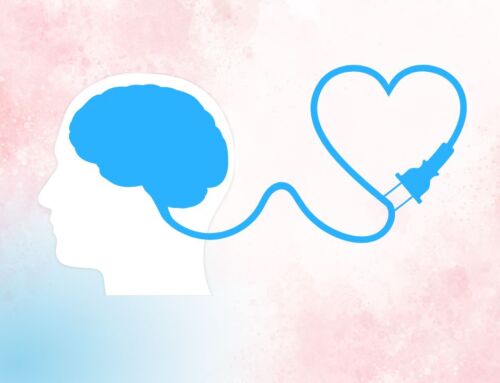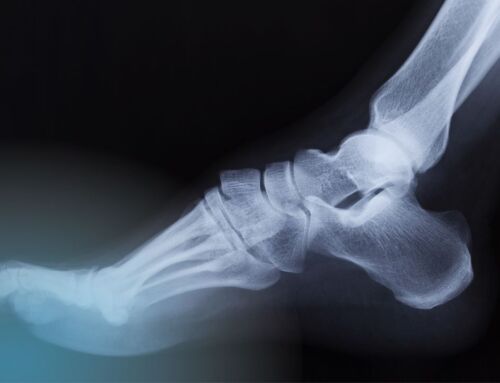I have this memory from 1990 of feeling like my little baby and I were all alone in the universe. The love that I felt for him was heartbreaking. I could sit and watch him sleep for hours, waiting for his little cherub lip to quiver in his slumber. Everything else in my life felt too bright, too loud, too something… too raw. My body was a disaster, and my mind wasn’t too far behind. The only bright spot was the baby.
I had flashbacks of giving birth for months. It was terrifying and excruciating.
They call it a precipitous delivery, when your cervix dilates from 4 to 10 centimeters in less than 10 minutes. His head was stuck behind my tailbone and they were pushing so hard on my back that it felt like it broke. The anesthesiologist wouldn’t give me an epidural because they didn’t have an IV running. She responded to my screams for drugs: “You’re not getting any drugs, honey; your baby is coming out now.” It felt like someone was cutting my body open with an axe and pulling out my organs — and that was a vaginal delivery!
I didn’t realize that the flashbacks and feelings of isolation and sadness were classic postpartum depression. I thought it was not postpartum depression because I didn’t have feelings of wanting to harm the baby. I figured I was just a little screwed up, and that maybe I wasn’t emotionally equipped to be a mom.
Four years later, after surviving 18 weeks on bed rest and hemorrhaging during the delivery of identical twin girls, I knew to recognize postpartum depression when it hit me like a wave and tumbled me to the bottom of the sea. I stabilized after finding the right anti-depressant and enlisting the help of a wonderful psychotherapist, but it wasn’t until I began studying mindfulness that I really turned the stress in my life around.
I healed myself, rewired my brain, and now as a Mindful Self-Compassion Teacher, I help others do the same.
If you are struggling to get through the day, here are some Mindful Self-Compassion tips to try:
Tell yourself what you most need to hear.
Speak lovingly to yourself. Call yourself “sweetheart” or some other endearing term that feels good to you. Remind yourself that you are loved and capable, and that you are not alone (people all over the world have gone through this).
Use gentle touch.
Place your hands lovingly on your cheeks, over your heart, on your shoulders, or anywhere that you find comforting. This kind of gentle soothing touch activates our mammalian caregiver response and provides real comfort.
Do what brings you joy.
Make a joy list, then choose one or more things from it each day. Give yourself this daily gift.




















